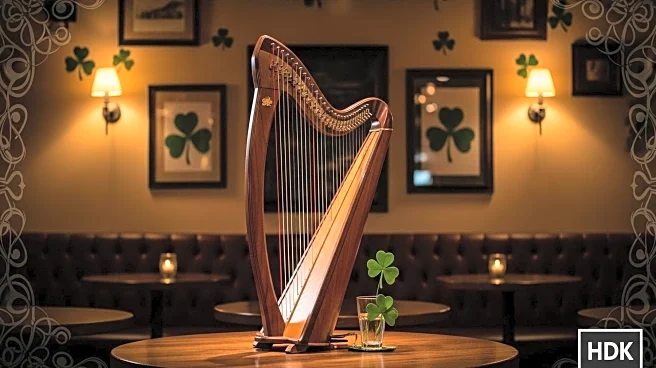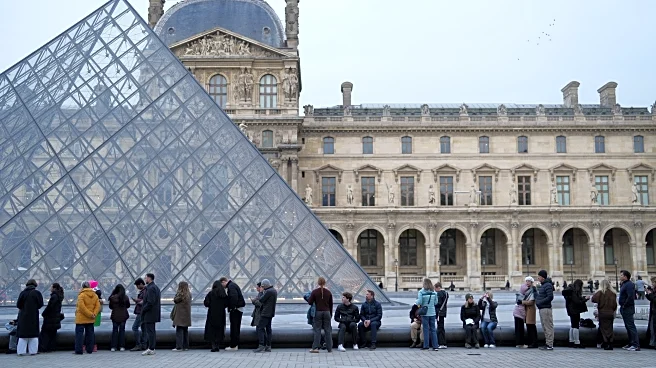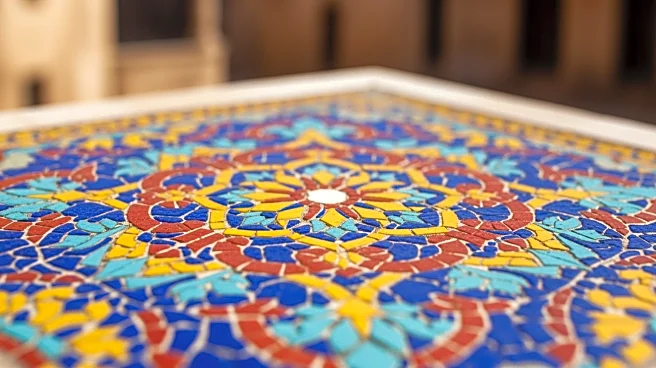What's Happening?
Netflix's new series 'House of Guinness,' which dramatizes the history of the Guinness brewing dynasty, has faced harsh criticism from Irish reviewers. While praised in the U.S. and UK for its style and storytelling, Irish critics have lambasted the series for its portrayal of Irish history and culture. The show, set in 1860s Dublin, is accused of lacking authenticity and understanding of Ireland's colonial past. Despite its high production value, the series has been criticized for its dialogue, costumes, and historical accuracy.
Why It's Important?
The backlash against 'House of Guinness' highlights the challenges of representing historical narratives, particularly those involving colonialism and cultural identity. The criticism reflects broader tensions between global media productions and local cultural sensitivities. This situation underscores the importance of cultural authenticity and the potential consequences of misrepresenting historical events. The series' reception in Ireland raises questions about the responsibilities of filmmakers in portraying complex histories and the impact of media on cultural perceptions.
Beyond the Headlines
The controversy surrounding 'House of Guinness' illustrates the power dynamics in storytelling and the influence of media on national identity. It raises ethical considerations about who gets to tell historical stories and how those narratives are shaped. The series' reception also highlights the role of media in shaping public understanding of history and the potential for cultural appropriation in global entertainment.










